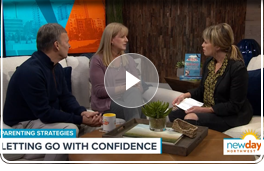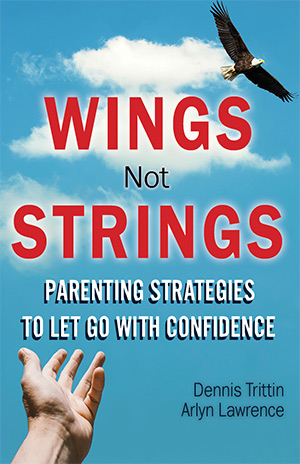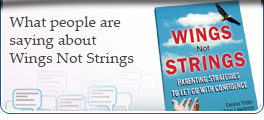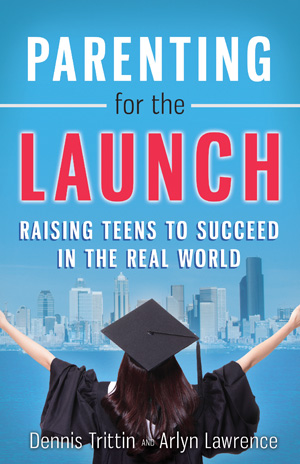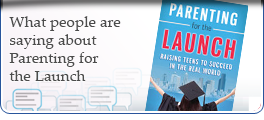How to Handle Transitions with Confidence
12/11/2017 1:24:19 PM
What do entering kindergarten, elementary school, middle school, high school, college, and your first career have in common? The answer is transitions. BIG transitions. In these cases, they’re based on stages of life, while other biggies include moves, job changes, a new marital/relationship status, and having kids.
As I look back on my life and reflect on my conversations with today’s students and young adults, I’m reminded of how difficult these transitions can be. You would think the adventure and excitement of the “next chapter” would prevail, but often, it doesn’t. We figure our transitions will be smooth, but instead we can find ourselves depressed, lonely, and filled with doubt. If so, we flounder and underachieve, wondering how we’ll get out of our funk. We might even resort to false comforts and make life choices we later regret. Ouch.
Why can transitions be so darned hard? Here are some common reasons:
- We’re unprepared. Have you noticed how educators focus primarily on their stage (elementary, middle, high school, college) rather than also preparing students for the next step? One reason is that administrators aren’t held accountable (and therefore don’t feel responsible) for success in the next step. Parents can fall into this trap too, focusing on the immediate term, rather than also on what comes next. Students are often caught off guard.
- Out with the old, in with the new. For students who are content with their current stage, they may feel a sense of loss and anxiety as they begin their new chapter. (On the other hand, if the current stage isn’t going so hot, it can be a relief!) Transitions often come with new environments, social settings, teachers/evaluators, and expectations (with increasing performance pressure), and some handle this better than others. Arguably, the greatest transition comes after college where there is a loss of the common denominator of the college environment, often relocation, social disruption, career and financial pressures, and the reality that life will never be the same as an independent adult. That’s a lot to absorb!
What to do? How can we position ourselves to confidently handle the transitions in our lives? Although each stage is unique, here are some tips to help master your transitions and those of your children/students:
- Adopt the POP mindset. That means being Patient, Optimistic, and Proactive. Patience is incredibly important, especially on the social front as you seek new friends. Recognize that your adjustment will take time, just like your previous ones. Self-imposed pressure adds unnecessary stress and can lead to compromising your standards. Optimism is also key. When things don’t go as well as expected, keep the faith and a positive attitude. You’ve done this before and can do it again! Finally, as you progress into the later stages, it becomes increasingly important to be proactive and take the initiative. I know many young adults who are floundering because they don’t fully grasp this. The more independent they are, the more responsible they are for their success and happiness. Instead, too many are waiting in vain for it to come to them.
- Meet people in your next step. Go out of your way (parents take note!) to meet people who are a few years into the stage just ahead of you. That means high school students should be meeting with college students and college students with early career adults. Be sure they are positive and empowering influences who can offer fresh perspectives with no sugar coating.
- Explore your interests and passions. It helps to identify your greatest interests (intellectual, recreational, community/service, vocational, spiritual) for both personal enjoyment and to meet like-minded people. What are the common denominators of the people and activities you enjoy the most?
- Go for it! Once you’ve identified your greatest interests, research the places, programs, and courses that offer what you’re looking for. Check out the Web, library, Chamber of Commerce, YMCA, school counselors, club fairs, tourist information centers etc. to discover the outlets you can plug into. Not only will you enjoy yourself by doing what you like, but also you’ll be more likely to meet people with common interests. Momentum is huge, but you have to create your own.
Transitions aren’t always easy, but they’re a necessary part of life. We hope these tips will help you and your students master yours. Good luck!
Tagged as: transitions, life skills, what i wish i knew at 18, change, handling adversity, teens,









